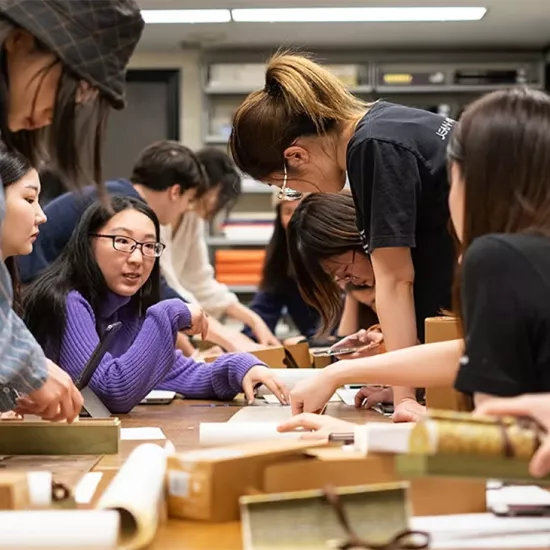UTM welcomes Brazilian scholarship students this fall

University of Toronto Mississauga will welcome 64 science and engineering undergraduate students from Brazil this fall who are participating in a unique international scholarship program run by the government of the South American country.
Ciencia Sem Fronteiras, or Science without Borders (SwB), provides fully funded merit-based scholarships to Brazilian students to study science, technology, engineering and mathematics (STEM) for up to 16 months at universities internationally. The initiative, which encompasses undergraduate study, PhD internships, full-time PhDs, post-doctoral and professional education awards, senior fellowships and visiting researchers/scholars, was introduced by Brazil’s Ministry of Education and Ministry of Science and Technology in 2011 with a goal to provide scholarships to 101,000 students by 2015.
“We don’t have many students from South America, so it will be enriching to have students who can offer a whole different perspective during discussions in the classroom,” says Diane Crocker, registrar and director of enrolment management at UTM.
The Portuguese-speaking students will participate in the university’s Academic English and Culture (ACE) program, which is geared to newly admitted students who require additional English language training. The program is designed to improve the communication, research and study skills the students need to succeed in their studies. Those who are proficient enough in English will also be able to simultaneously take STEM courses, which they can apply to their program at their academic institution in Brazil.
“The ACE program will give the students the opportunity to explore note-taking, essay writing, test taking, oral and written instructions, using the library, and so on. We focus on whatever language skills they need to develop so that they can succeed in their academics,” Crocker says.
The Brazilian study abroad students at UTM will be part of a larger group of SwB participants attending U of T this fall, which includes 108 at the St. George Campus and 20 at U of T Scarborough. By this fall, including previous cohorts, U of T will accommodate a total of 591 SwB students—far more than any other university in Canada.
“This is a great opportunity for these students to experience U of T, be exposed to different perspectives and meet lots of Canadian as well as other international students,” says Miranda Cheng, director of the centre for international experience. “For us, this adds tremendous diversity to our student population and encourages us to think about how to deepen our relationships with our exchange partners in Brazil.”
To assist with settling in, U of T will help students find housing and participate in cultural and fun activities, such as a trip to Niagara Falls, go-karting, and a Brazilian-style barbecue.
The involvement of U of T and other Canadian universities as host schools in the SwB program contributes to the Canadian government’s broader objective to build stronger ties with Brazil. These connections are manifesting in various ways, including through expanding trade and investment, enhanced research partnerships and more educational exchanges.
For U of T, attracting more international students is a priority, as reflected in the Global Fluency and Leadership component of its Boundless campaign. Cheng says the SwB scholarship initiative has encouraged more flexible thinking about how to achieve this goal.
“This scholarship program has really changed the landscape of the type of international students we envision we can host, and we are trying to think of different options we can provide,” Cheng says. “For families where a four-year degree is beyond their financial means, a one-term or one-year opportunity may be something they can consider for their son or daughter.”



